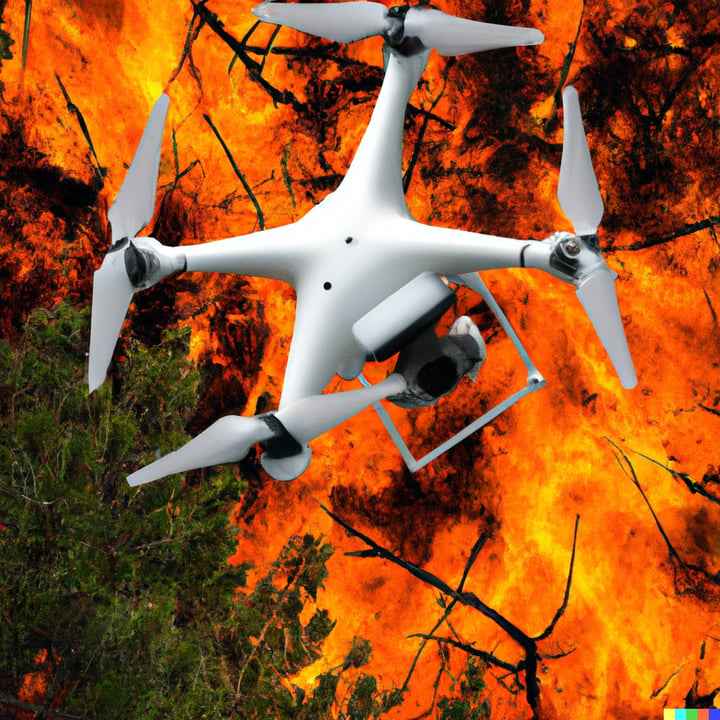Digital Transformation in Construction: Remote Operations on the Horizon
The construction industry has always been at the forefront of adopting new technologies to increase efficiency and improve safety. In recent years, remote operation of construction and heavy machinery has emerged as a game-changing advancement. This technology allows operators to control machines from outside the cab, providing numerous benefits such as increased safety, productivity, and operator comfort. As remote control technology continues to evolve, it opens up new possibilities for the construction industry. In this blog post, we will explore the concept of remote operation in construction, its advantages, and any future impact on the industry.
Advantages of Remote Operation:
- Enhanced Safety: Remote control technology removes operators from risky operations, allowing them to control the machines from a safe distance or in a remote location many hundreds if not thousands of kilometers away . This reduces the likelihood of accidents and injuries, especially in hazardous environments.
- Increased Productivity: Remote operation streamlines processes and eliminates the need for operators to constantly enter and exit the machine. It enables one operator to efficiently handle tasks that would typically require multiple personnel, resulting in higher productivity.
- Improved Visibility and Control: Operators can have a complete view of the machine and the operation from outside the cab. This provides better visibility of the worksite, allowing operators to perform tasks with precision and accuracy. It also offers an opportunity for a more inclusive working environment and increased operator comfort.
- Fatigue Reduction: Remote operation reduces operator fatigue by allowing them to work more efficiently. Operators can work on a shift program, allowing them to take breaks outside the cab without sacrificing productivity, while also leading to improved worker health and reduced strain or pain associated with prolonged in-cab hours.
Implementation Considerations:
- Safety First: Implementing remote control requires a systems approach to ensure safe operation. Conducting a formal hazard analysis and providing proper training to operators is crucial.
- Line of Sight: Maintaining a clear line of sight to the machine is no longer essential given wireless communication allows companies like Soliton Systems to provide live video streams to anywhere in the world with minimal delay. Known as ultra-low latency video streaming, operators are able to visually monitor and control their equipment and their surroundings in practically real time to ensure prompt action and instant reaction time as if they are physically present.
- Technology Integration: Integrating remote control technology into work processes is crucial for its successful adoption. Construction companies need to identify the correct users who are willing to adapt and change. Identifying and collaborating with equipment manufacturers with a specialized OEM live streaming technology, and dealers who can support end users to understand and operate the technology is essential.
Building Tomorrow the Future of Remote Operations:
The future of remote operations in the construction industry looks promising, with ongoing advancements and innovations in technology. Companies like Komatsu in conjunction with Soliton are developing autonomous construction machines and expanding their remote-control and semi-autonomous product lines. As autonomous vehicles continue to make strides in various sectors, including construction, the industry will witness increased efficiency, productivity, and safety on jobsites.
Remote operation of construction and heavy machinery brings numerous benefits to the construction industry. It enhances safety, increases productivity, improves visibility and control, and reduces operator fatigue. However, implementing remote control technology requires careful consideration of safety, and technology integration. With ongoing advancements in autonomous technology, the future of remote operations in construction holds great potential for transforming the industry and creating safer, more efficient worksites.



